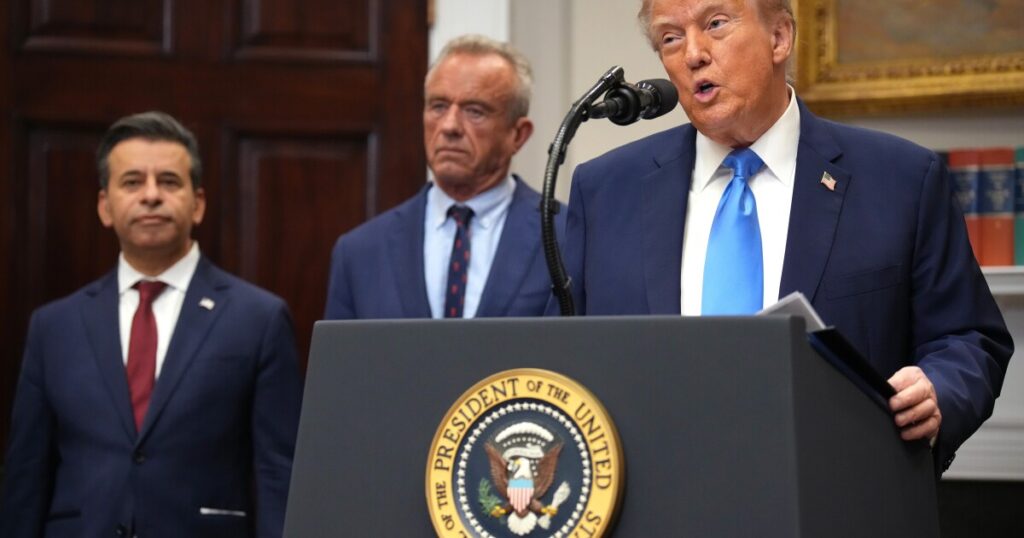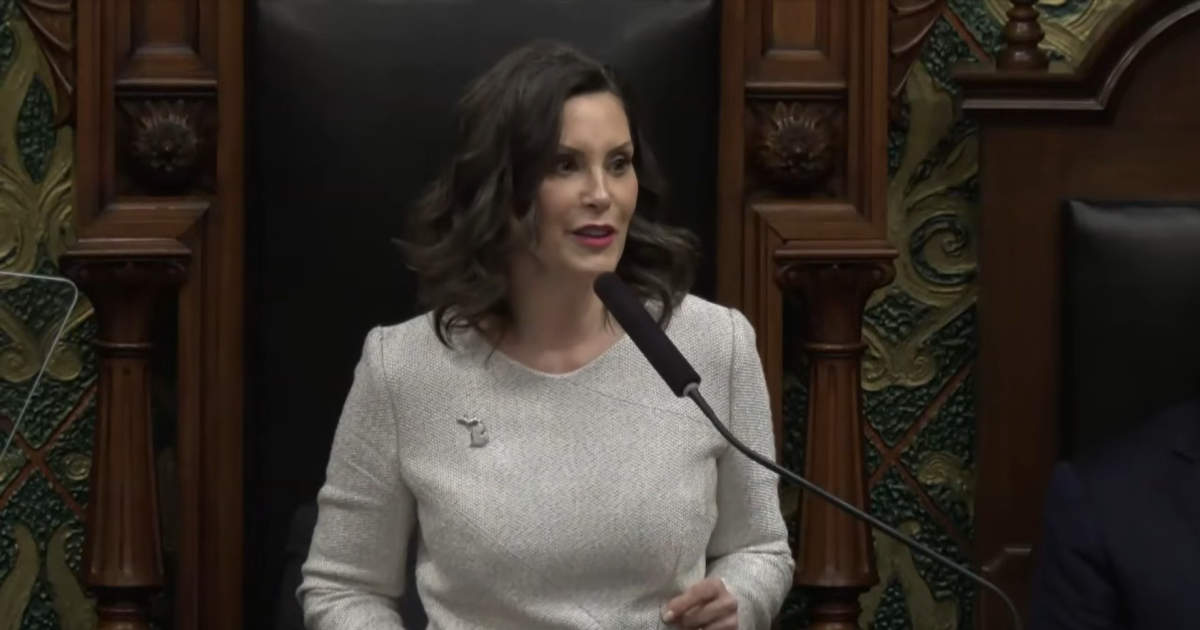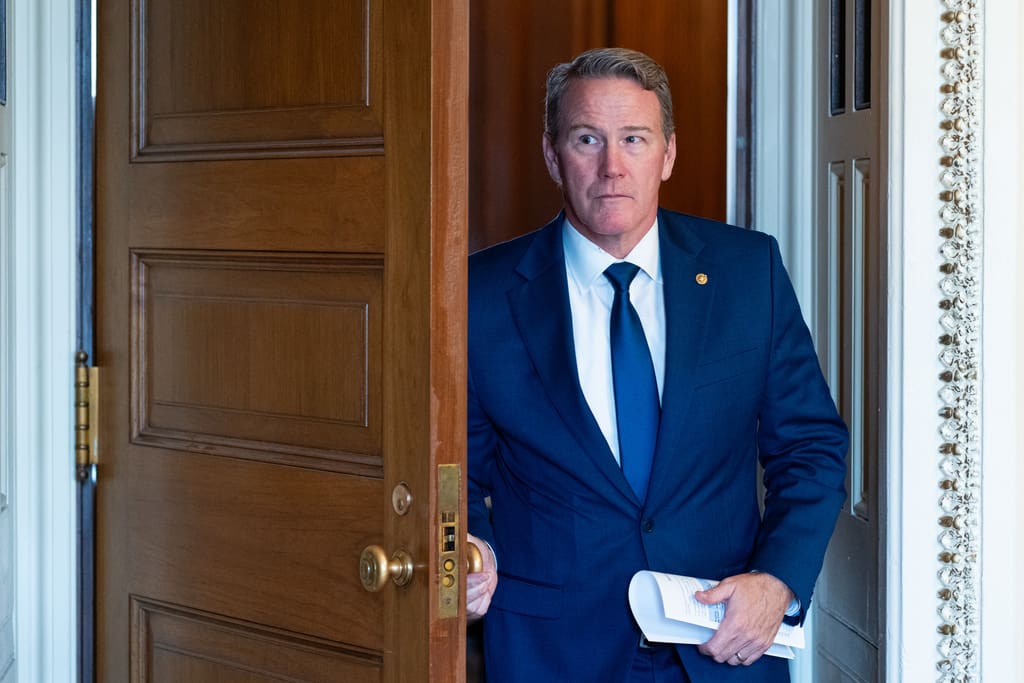Updated September 25, 2025 at 1:26 PM EDT
A new potential treatment for autism spectrum disorder is drawing attention and skepticism. President Trump recently announced the use of leucovorin, a prescription form of vitamin B9, as a promising therapy. However, while some families are hopeful, many scientists and medical experts remain unconvinced.
At a recent White House press conference, Trump and his officials attributed autism to Tylenol use and promoted leucovorin as a treatment option. Caitee Donovan, whose daughter Scarlett was diagnosed with autism at 17 months, expressed concern over these claims. “I think that this entire thing has been a bit misleading,” Donovan stated.
During the event, Health and Human Services Secretary Robert F. Kennedy Jr. described leucovorin as “an exciting therapy that may benefit large numbers of children who have suffered from autism.” Trump echoed this sentiment, suggesting it offers hope to many parents.
The Trump administration’s endorsement involves repurposing leucovorin for a rare condition known as cerebral folate deficiency (CFD). While some individuals with autism might have CFD, the link between the two conditions is not well-established.
A Complex Understanding of Autism
Parenting a child with autism presents unique challenges. Donovan recalls being told that her daughter might never speak, but Scarlett has since thrived through years of various therapies. “She plays flag football. She did cheer for four years. She talks non-stop,” Donovan shared, emphasizing that no medication was involved in her daughter’s progress.
Many experts agree that autism is largely genetic, with numerous potential contributing factors such as environmental toxins and events during pregnancy. Vaccines have been decisively ruled out as a cause. Geneticist Jonathan Sebat notes, “We know now that there are 100 or more autism genes, and we estimate there’s probably about 400.”
The Argument for Leucovorin
Traditionally, leucovorin has been used to mitigate the side effects of chemotherapy drugs like methotrexate. Now, the FDA is considering a label update to include its use for improving symptoms in those with CFD, following the administration’s directive. An FDA document suggests adding this information.
CFD is a condition where insufficient vitamin B9 reaches the brain, leading to symptoms that sometimes overlap with autism. Diagnosis involves a spinal tap to measure folate levels, with leucovorin potentially bypassing the barriers that prevent folate from reaching the brain.
A scientific review indicated that 38% of those with autism have antibodies linked to CFD, and some studies suggest leucovorin may improve communication for autistic individuals. However, these findings are preliminary and need more robust research validation.
The drug’s efficacy in older children or adults with autism remains uncertain. Recent studies, including a 24-week trial in India and a 12-week study in Arkansas, suggest modest improvements but emphasize caution in interpreting these findings without larger, more comprehensive trials.
“Jumping the Gun”
Many experts caution against prematurely advocating leucovorin as an autism treatment. The Coalition of Autism Scientists and others call for rigorous trials to substantiate any claims of efficacy. “They are jumping the gun a little bit,” commented Alycia Halladay, a biopsychologist and chief science officer at the Autism Science Foundation.
Halladay criticized the administration for bypassing standard research protocols and called out the confusion from the White House’s announcement regarding Medicaid coverage for leucovorin. She clarified that the treatment would only be available to those with confirmed CFD.
“It was disingenuous to tell people at the press conference that it was going to be made available to everybody,” Halladay said, highlighting the need for precise and accurate communication with affected families.
Copyright 2025 NPR
—
Read More Michigan News









